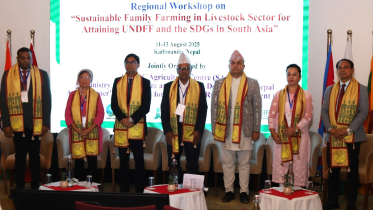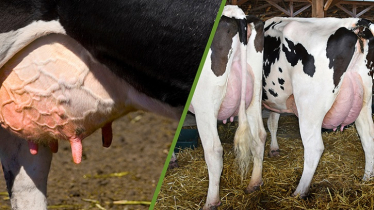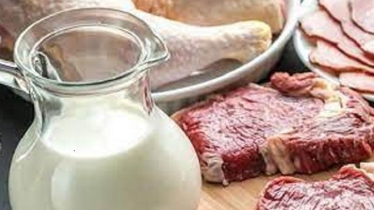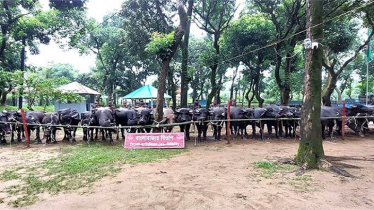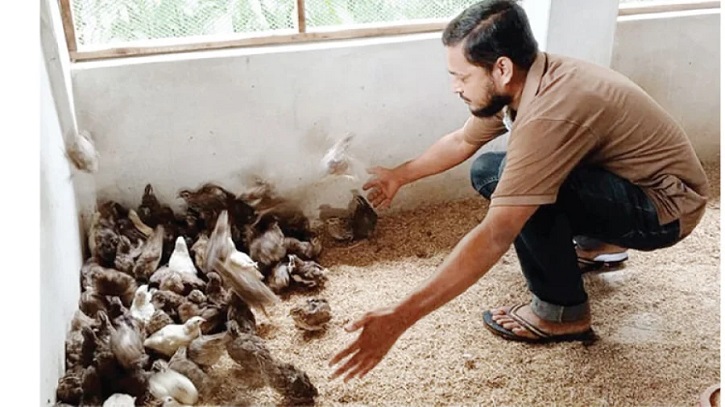
In Dinajpur's Baluwadanga, resident Imran Khan has turned his passion for quail birds into a thriving business that now sustains his family. What began as a hobby has evolved into a profitable venture, making him financially independent.
Seven years ago, Imran purchased ten quails for his children out of curiosity. Noticing the potential, he gradually expanded his efforts into a full-scale farm at his residence. Today, he incubates and sells 2,500 to 3,000 chicks every four days. Additionally, traders from Bahadur Bazar collect between 800 to 1,000 eggs from his farm regularly. His monthly income now exceeds one lakh taka.
Starting with just 300 birds, with support from his wife and children, the farm has grown steadily. A laying quail starts producing eggs within 35 to 40 days and continues for up to 18 months. Once past its laying cycle, the bird is sold for around Tk 300 per kg. Each bird consumes approximately 20 to 25 grams of feed daily. Laying birds are sold for Tk 65 to Tk 70 each.
Recognizing the need for chick production, Imran established his own hatchery, producing thousands of chicks every few days. One-day-old chicks sell for Tk 7 to Tk 8, while each egg is priced at Tk 3. His farm supplies 1,000 to 1,500 eggs to buyers daily. The farm currently employs two full-time workers, each earning Tk 12,000 to Tk 15,000 per month.
One of the workers, Mobarak Hossain, said, “There were only a few birds at the beginning. Now there is even a hatchery. It has become a great source of employment for us.”
Dinajpur District Livestock Officer Dr. Ashika Akbar Trisha commented, “Quail farming can be an effective tool for reducing unemployment. Despite their small size, quail eggs are nutritionally comparable to chicken or duck eggs. Quail meat is also considered a safe source of protein. Imran has built a successful farm entirely on his own initiative, creating employment opportunities for others as well. We continue to monitor and support his farm through our department.”


